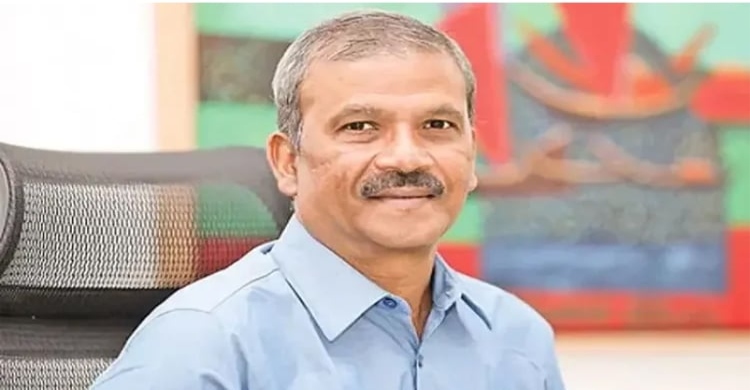Govt committed to amending NHRC Act, 2009: Law Adviser


Law, Justice and Parliamentary Affairs Adviser Dr Asif Nazrul has reaffirmed the government’s commitment to amend the NHRC Act, 2009.
“The appointment of Commissioners must follow a transparent, open, and competitive process. Only individuals with the highest integrity should serve in safeguarding the rights of our citizens,” he said while speaking virtually at a meeting held in Sylhet on Saturday.
Speaking as the chief guest, Dr Asif Nazrul said with the amendment of the Act and its proper implementation, Bangladesh can set an example of an independent and trusted National Human Rights Commission.
A nationwide consultation process has been launched to reform the National Human Rights Commission (NHRC) with the aim of transforming it into a more independent, credible, and effective institution that safeguards the rights of all citizens and restores public trust.
The initiative is being led by the Legislative and Parliamentary Affairs Division (LPAD), Ministry of Law, Justice and Parliamentary Affairs, in collaboration with the United Nations Development Programme (UNDP) and the Embassy of Switzerland.
The reform process focuses on amending the NHRC Act, 2009 to address existing legal and operational gaps and to align the Commission with internationally recognised standards, particularly the Paris Principles, a UNDP press release said.
The NHRC, while established to promote and protect human rights, has faced challenges in fully carrying out its mandate. Limited powers and concerns over independence have affected its effectiveness, and the reform process aims to strengthen its role and capacity.
As part of this initiative, multi-stakeholder consultations will be held in all eight divisions, culminating in a National Consultation in Dhaka. The consultations will bring together government officials, civil society representatives, human rights defenders, academics, media, and survivors of rights violations to propose concrete solutions for reform.
The first consultation took place in Sylhet on August 23, 2025, where participants shared insights and recommendations on legal and institutional reforms, enhanced accountability, and the protection of citizens from both state and non-state abuses.
Presiding over the consultation, Dr Hafiz Ahmed Chowdhury, Secretary of LPAD, stressed the importance of effective enforcement, “A good law is essential, but its effective enforcement is equally important. To make the NHRC Act more robust and responsive, we have initiated an amendment process through inclusive consultations — beginning here today in Sylhet.”
Anowarul Haq, Acting Deputy Resident Representative of UNDP Bangladesh, highlighted the role of UNDP in supporting the reform, “Strengthening the NHRC is vital for the country’s democratic journey and its commitment to human rights. Through these consultations, we aim to ensure the Commission’s independence, credibility, and effectiveness, in line with global standards.”
Dr SM Shafaet Hossen, Joint Secretary of LPAD, made the keynote presentation of the NHRC Act 2009, highlighting NHRC’s mandate, limitations, and challenges.
Deputy Commissioner of Sylhet, Sarwoer Alam, also spoke at the consultation.
Key areas under discussion include transparent appointment procedures for Commissioners, stronger investigative powers, operational independence, and improved collaboration with civil society and media.
The recommendations generated from the divisional dialogues will feed into a roadmap for legislative reform to be finalised at the National Consultation in Dhaka.
With this reform process underway, the government and its partners aim to reinforce the rule of law, safeguard citizens’ rights, and demonstrate that human rights remain a cornerstone of inclusive governance and sustainable development.
